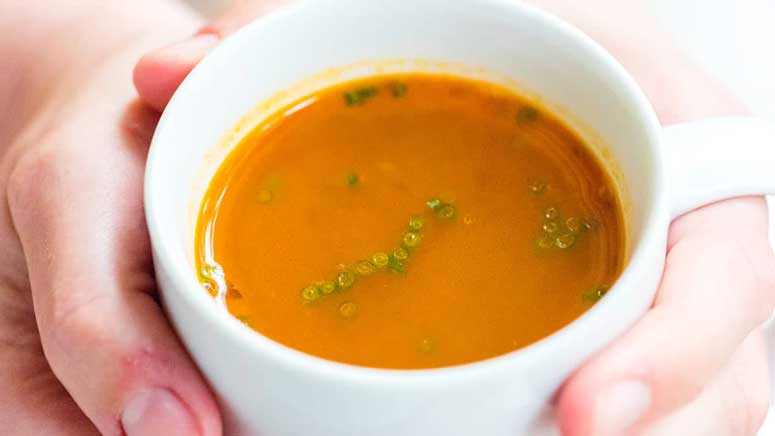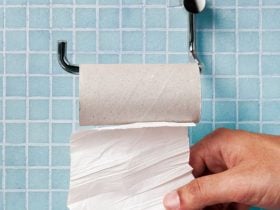Diverticulitis is an ailment that causes inflamed pockets in the digestive tract. For certain individuals, diet can influence the manifestations of diverticulitis. Specialists and dietitians at this point don’t suggest explicit eating regimens for diverticulitis. All things considered, a few groups find that eating and staying away from specific food varieties can help ease their manifestations.
Diverticulosis turns out to be more normal as you age, happening in around 58% of Americans over age 60. Less than 5% of individuals with diverticulosis will create diverticulitis. Diverticulitis may prompt medical conditions or intricacies, including:
-
- queasiness
- fever
- serious stomach torment
- bleeding solid discharges
- a canker, or an excited pocket of tissue
- fistula [1]
Foods to eat

What food sources would it be advisable for me to stay away from during an intense episode of diverticulitis? Specialists used to suggest a low fiber, clear fluid eating regimen during diverticulitis flares. Nonetheless, as indicated by the National Institute of Diabetes and Digestive and Kidney Diseases (NIDDK) [2], specialists presently don’t accept that you need to keep away from specific food varieties when you have diverticulosis or diverticulitis.
All things considered, a few investigations say that staying away from certain food varieties and eating others can help. Additionally, it relies upon the individual, and a few groups find that staying away from certain food makes a difference.
A few specialists still recommend a reasonable fluid eating regimen during gentle flares. When side effects improve, they may prescribe proceeding onward to a low fiber diet until the manifestations vanish, at that point developing to a high fiber diet. The accompanying areas take a gander at the examination behind various food sources you should keep away from with diverticulosis or diverticulitis.













